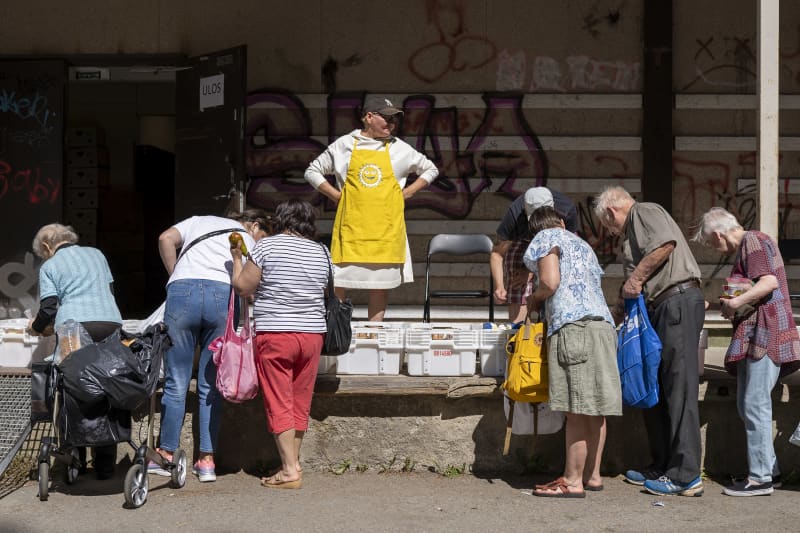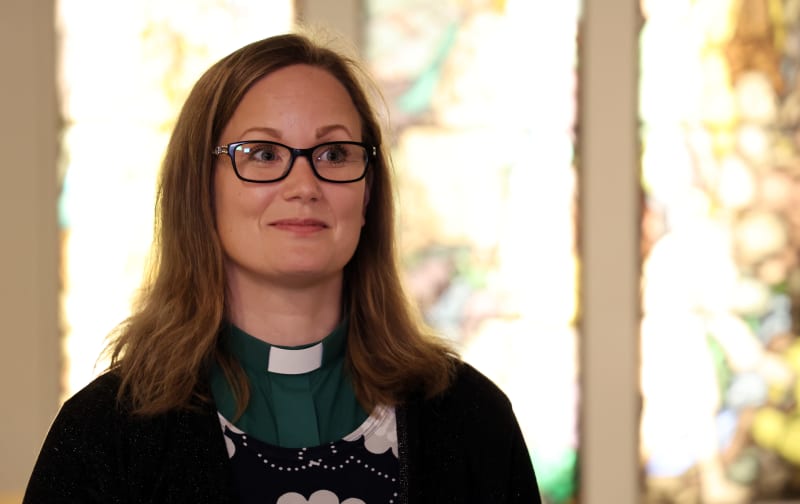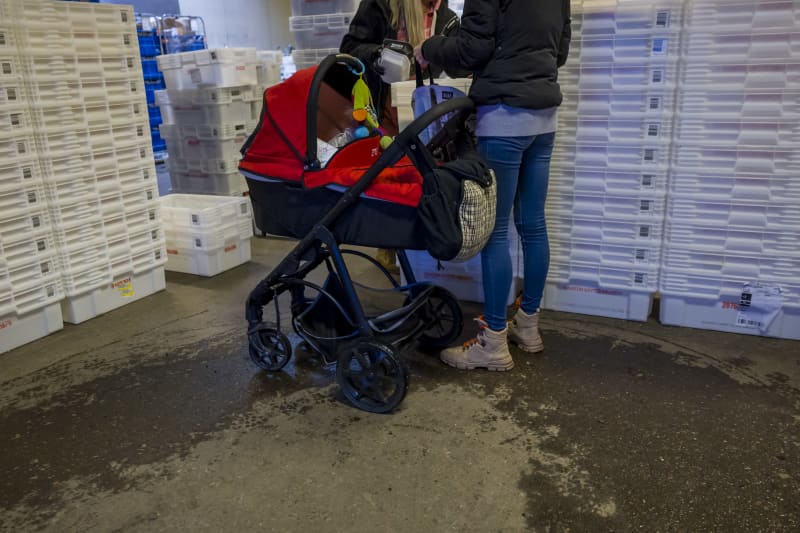
You can come across requests for help, for example, on the street or on social media. The best way to help is to refer a person to professionals who can help.
In the light of the numbers, Finland has slowly recovered from the difficult corona years. For example, the number of unemployed decreased last year.
Still, many fall through society’s safety net and have to look for help elsewhere. Aid providers have noticed that some Finns have to suffer from hunger.
You can come across requests for money or food on the street or on social media. A surprising request for help from a stranger can make you think: should you give help or turn your back?
Even in the bigger picture, the situation is contradictory. Good-hearted helpers are needed, but on the other hand, helping can only worsen the situation of the person asking for help.
Help is asked for on the street and on social media
In his work, Kalanti sees how many people’s finances are really tight. The supports given by society do not help everyone, as some people fall between the supports.
– There are many people who should receive support, but for some reason they don’t. Sometimes Kela has even replied that they cannot say for sure.

Many also look for help on social media. For example, groups for helping have been established on Facebook.
– When there is nothing in the fridge, panic often sets in. It takes about a week for the application to be processed by social services. This is then a forced solution. Many try to persevere until the end. Sometimes people say that they don’t know what to sell anymore.
Jelppiring’s purpose is to offer food aid in situations where it takes time to get other help. Administrators publish requests for help that other group members can take up.
The administrators have also helped people with other assistance. Sometimes the help-seeker has ended up in a miserable situation because he did not know how to apply for social support and needed advice on filling out the application for income support.
By giving money to someone on the street, you can fuel phenomena you don’t want
Although poverty is a real problem, in the opinion of deacon Meri Kalanti, no one in Finland needs to rely on begging, because help is available at churches, social work and food distribution points.
Helping can sometimes even worsen the situation of the person being helped.
– Begging doesn’t solve anyone’s problems. By giving food or money to someone on the street, you can at the same time feed a phenomenon that you don’t want to feed. Money doesn’t always go to food, says Kalanti.
The person asking for money may have a drug problem, for example, which is only made worse by the money or food received. Sometimes there is also financial exploitation in the background, and the money given does not end up with the person asking for help.
A person can ask for money even if he has money to live on.
– Money is always welcome. There are many stories. There may also be mental health problems in the background.
The best way to help is to refer a person to help. For example, diaconia and social workers know how to map the need for help and help get the necessary services.

The administrators of Jelppirinki Päijät-Häme are careful that the need for help is real. They always check the applicants’ financial situation before forwarding the request to the site.
Sometimes it has turned out that the story of the person in need is not true. The administrators also do not want to enable, for example, the substance abuse problem to continue.
– In a drug problem, the money should be enough for food, but it goes to drugs. Then we have tried to guide people to seek help for their problem, says Anne Kaukanen.
Cutting subsidies may increase the need for help
No matter what the government is like, economists estimate for Yle that economic policy will tighten this election season.
Anne Kaukanen, administrator of Jelppirinki Päijät-Häme, believes that cutting subsidies will be reflected in an increase in requests for help.
– This should not be the responsibility of volunteers. For us, help should come primarily from society, we are the last resort.
